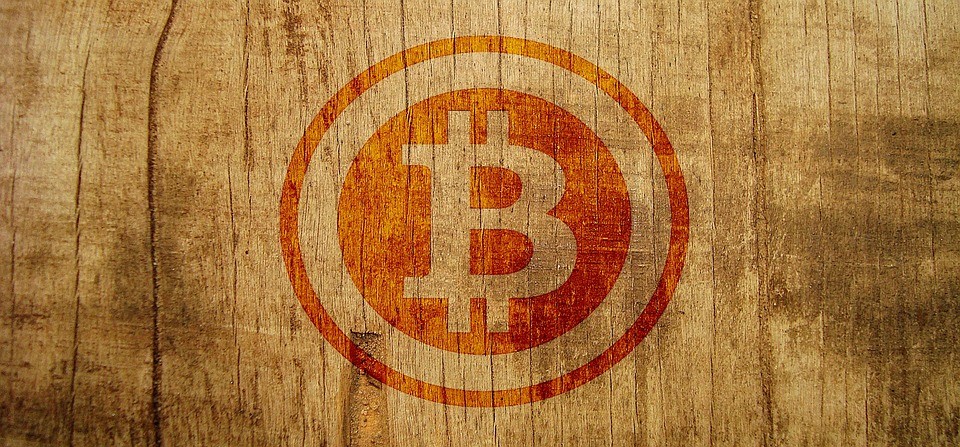Bitcoin took the world by storm. Hailed as the future for e-commerce, the cryptocurrency blew the gates of opportunity wide open for all those in search of an alternative banking solution. People could mine for their own bitcoins. They could keep all their information private and secure. Small businesses could do away with credit card fees. Making all this possible was blockchain technology.
At its core, blockchain technology is a massive “distributed database” that allows for safe storage and management of transactions via a digital ledger that records all information chronologically and publicly. It does away with the centralised system of control, replacing banks, governments, and companies by a state of decentralised consensus, where the network holding the transactions checks in with itself, adjusts accordingly, and stores its data on a network shared by several users.
While blockchain is closely associated with bitcoin, the two are very separate. FT Technology Reporter Sally Davies explains; ‘[Blockchain] is to Bitcoin, what the Internet is to email. A big electronic system, on top of which you can build applications. Currency is just one.’ So how can Malta benefit from blockchain technology?
From full transparency and public accessibility during elections, to the ability to vote from anywhere in the world, blockchain could save Maltese expats and travellers indiscriminate amounts of time and money. Beyond politics, blockchain would see international transfers taking minutes not days and reducing associated charges to a pittance. Hacking too would pose less of a threat since hackers would need to alter a whole chain of transactions to change one. There are many more applications to list but this just goes to show the great potential available. However, for ‘the Blockchain revolution’ to happen, we shall need to overcome technological, governance, organisational, and societal barriers. All this will take time to achieve but progress is already being made by heavy-weights paving the way for others to follow.
The Enterprise Ethereum Alliance (EEA) recently brought together thirty big banks, tech giants, and organisations, among them Microsoft, Intel and J.P. Morgan Chase, with the aim of building business-ready versions of Blockchain technology. Once these efforts bear fruit, we will have ready platforms and a fertile environment in which new start-ups, existing tech companies, and individual programmers can venture out and build even more applications.
The Internet took time to build and disseminate. This time, the host of technologies needed are already there. The shift should be faster as new Blockchain-based structures emerge.
Jean Paul Galea, CEO at Websuccess Malta – Web Design, E Commerce & Digital Marketing





Comments are closed for this article!